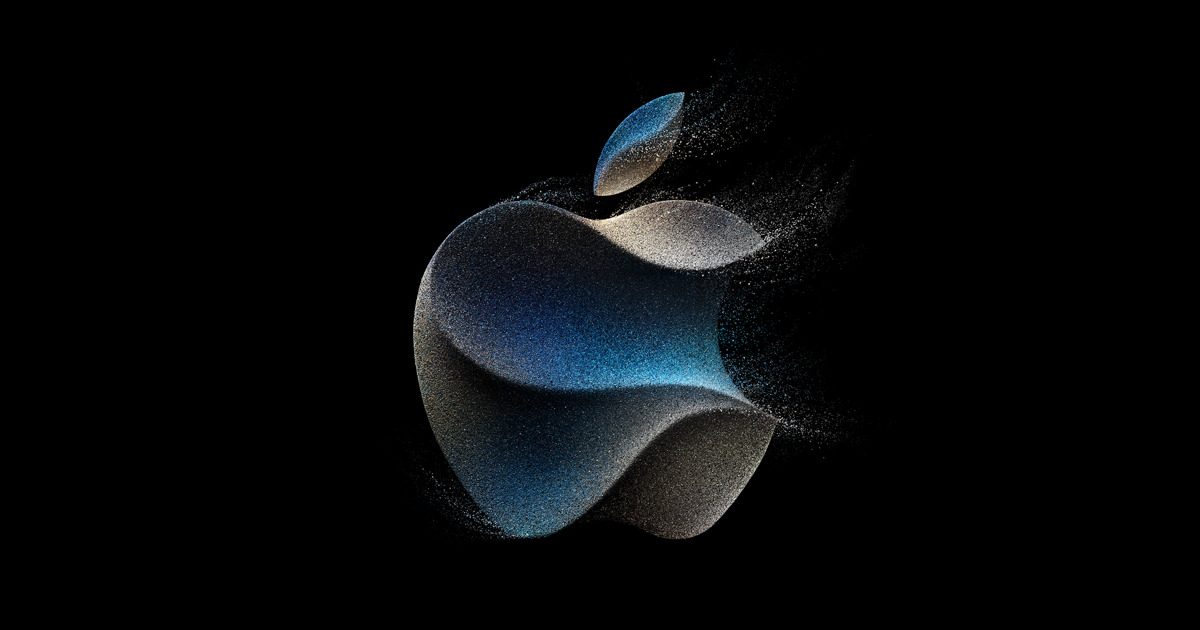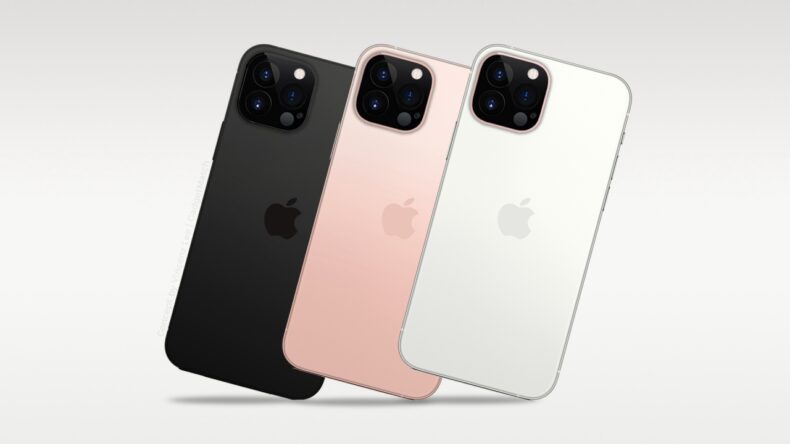The iPhone 12s recall might be happening soon.

Apple has vigorously defended its iPhone 12 model against allegations made by a French regulatory authority. The French watchdog, known as the ANFR radiation watchdog, ordered Apple to halt sales of the iPhone 12 in France, citing violations of European exposure limits. The core issue revolves around the Specific Absorption Rate (SAR), which measures the rate of radiofrequency energy absorbed by the human body from a device like a smartphone.
The ANFR’s assertion that the iPhone 12’s SAR exceeded permissible levels prompted the immediate demand for the cessation of sales and potentially the model iphone 12s recall can also be on the table. The agency also announced plans to deploy inspectors to Apple stores and other retail outlets to ensure that the iPhone 12 was no longer being sold in France. Additionally, the ANFR emphasized its expectation for Apple to take all necessary actions to rectify the non-compliance issue, warning that a failure to do so could result in a iPhone 12s recall of units already in the hands of consumers. A potential iphone 12s recall could lead to global implications as well.
In response, Apple issued a statement affirming that it had supplied the ANFR with a substantial body of evidence, including test results from both Apple and independent third-party laboratories. Apple also made it clear that it would contest the ANFR’s findings and expressed its commitment to an ongoing dialogue with the agency to demonstrate its compliance beyond any doubt to prevent the iphone 12s recall from happening.
The ANFR’s tests reportedly revealed SAR values of 5.74 watts per kilogram when the iPhone 12 was held in the hand or carried in a trouser pocket, surpassing the European standard of 4.0 watts per kilogram. However, it’s noteworthy that the phone met the specified body-SAR standards when placed in a jacket pocket or bag, indicating a nuanced aspect of the regulatory challenge.
Jean-Noel Barrot, France’s junior minister for the digital economy, entered the fray by suggesting a potential solution to the issue. Barrot stated that a software update could effectively address the radiation concerns associated with the iPhone 12 which might help in not leading to a iphone 12s recall. He urged Apple to respond within a two-week timeframe and underscored the possibility of ordering a iPhone 12s recall if the company failed to address the issue promptly. His message was clear: the same rules must apply to everyone, including tech giants like Apple.
Apple, a tech giant renowned for its innovation and attention to detail, has not disclosed specific sales figures by country or model. However, estimates suggest that the company sold more than 50 million iPhones in Europe alone last year. Europe is Apple’s second-largest revenue-generating region, trailing only behind the Americas. It’s worth noting that Apple recently unveiled the iPhone 15 series.
The ANFR’s announcement regarding the testing of 141 mobile phone models, including the iPhone 12, serves as a testament to the agency’s thorough approach to safeguarding public health and enforcing regulatory standards. Importantly, the ANFR asserted its intent to verify any updates or modifications made by Apple in response to the ongoing situation, underscoring its role as a vigilant guardian of consumer well-being.
In a related development, it’s worth noting that in 2020, France expanded its regulations to require retailers to display radiation values on product packaging beyond just cell phones. This extended to tablets and other electronic devices, reflecting a broader trend towards transparency and increased consumer awareness regarding radiation exposure from electronic products.
In conclusion, the standoff between Apple and the ANFR underscores the importance of rigorous regulatory oversight and the tech industry’s commitment to adhering to established safety standards. As Apple engages in discussions with the ANFR to address these concerns, the outcome will not only affect the future of iPhone 12 sales in France but may also set precedents for how tech giants navigate regulatory challenges in the European market and beyond.













